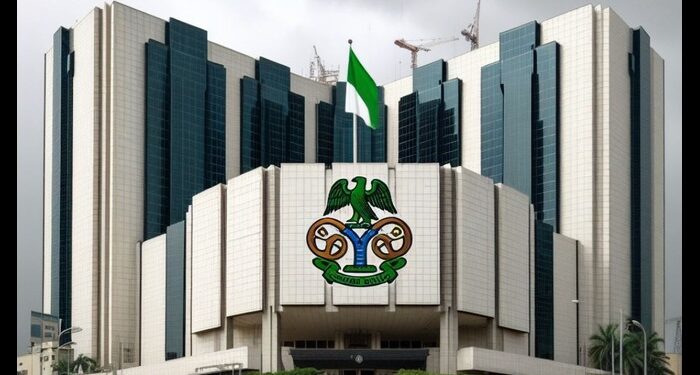Commercial banks must now get permission from the Central Bank of Nigeria (CBN) to modify their core banking system software according to a new directive that has just been issued. This decision comes after major interruptions in the provision of banking services due to a system upgrade by a couple of major banks resulting in millions of customers not being able to access their accounts. This led a number of these customers to take to social media to voice their displeasure.
Since mid-2024, at least four banks have switched to new core banking platforms, driven by cost and customization needs. However, the changes have caused significant service outages, frustrating customers and prompting the CBN to interfere. “The CBN isn’t happy with how customers have been complaining about banks in the past couple of months. That’s why it is stepping in,” explained a source familiar with the situation.
This directive aligns with the CBN’s consumer protection mandate. The recent experience with the CBN saw it update its consumer protection policy earlier in the year arguing its commitment to protecting customers from such disruptions. It was however notable that both customers and industry analysts had aimed some blame at the CBN. In 2012, for instance, the Royal Bank of Scotland (RBS) was fined £56 million after a failed upgrade prevented over 6 million customers from accessing their accounts.
One expert noted that “the CBN should have fined them. The prolonged outages affected millions of customers.” The CBN’s delayed intervention may have stemmed from a lack of specific regulatory guidelines for core software changes, according to another source. The new directive seeks to address this gap, ensuring banks comply with tighter protocols before future software overhauls.
For now, banks will need to balance innovation with reliability, knowing that core system changes will be closely monitored by the regulator.






















































